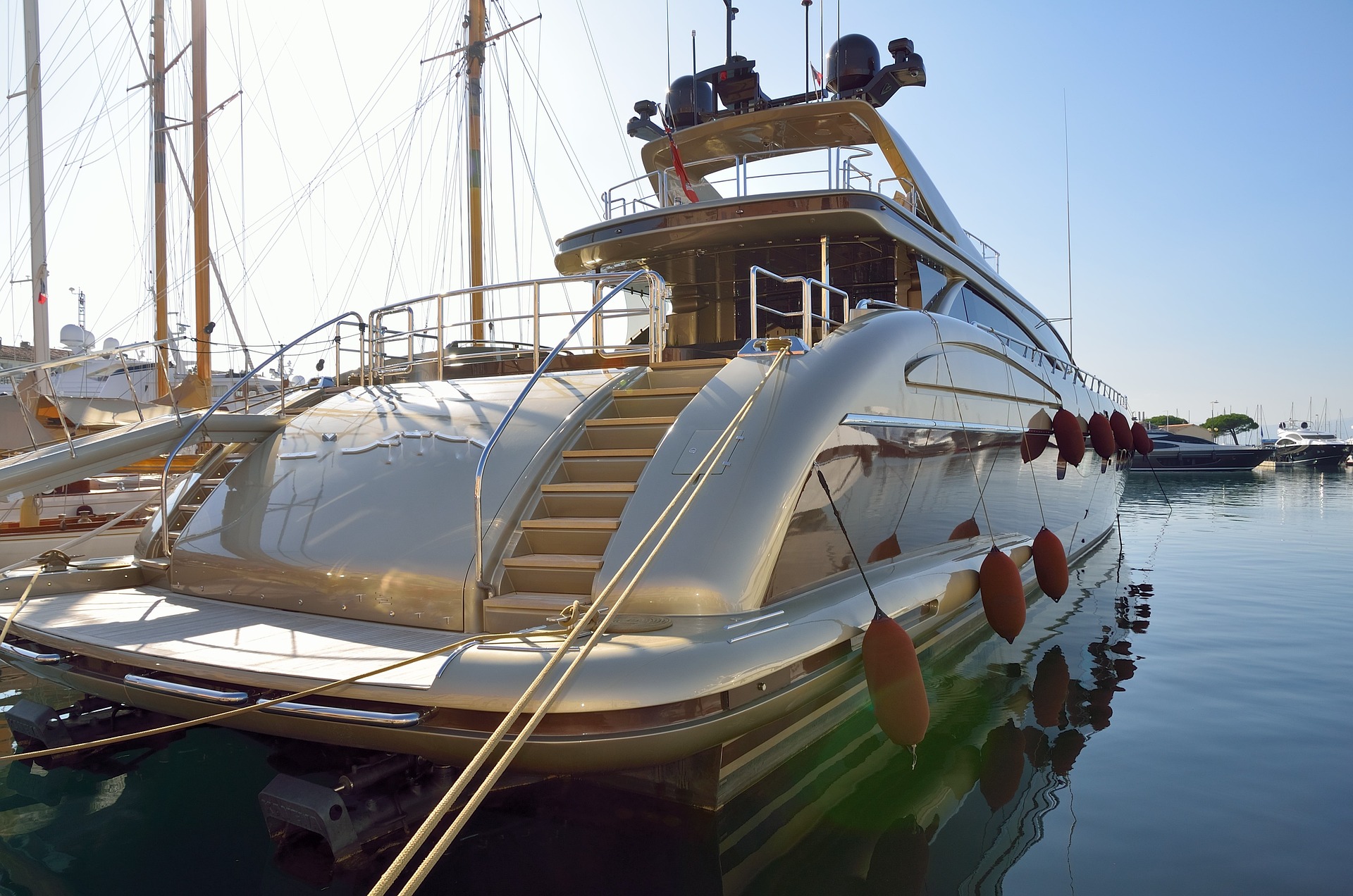Houseboat Living: A Floating Nomadic Adventure
Imagine waking up to the gentle lapping of water against your bedroom window, stepping out onto your deck to sip coffee as ducks paddle by, and having the freedom to change your backyard view at will. This isn't a dream - it's the reality of houseboat living, a unique lifestyle that's gaining traction among adventure seekers and minimalists alike. As traditional housing costs soar and the desire for unconventional living grows, more people are turning to life on the water as a viable alternative.

The Appeal of Aquatic Living
The allure of houseboat life is multifaceted. For many, it’s the proximity to nature and the calming effect of water. Others are drawn to the minimalist lifestyle, as living on a boat often requires downsizing and simplifying. The mobility factor is also a significant draw - the ability to change locations without packing boxes or signing new leases. This nomadic potential appeals to those seeking adventure and variety in their surroundings.
Challenges of Life on the Water
While the concept of houseboat living may seem idyllic, it comes with its own set of challenges. Space constraints are a primary concern, requiring residents to be creative with storage and selective about possessions. Maintenance is another crucial aspect, as boats require regular upkeep to remain seaworthy and comfortable. Weather can also play a significant role, with storms and rough waters potentially causing discomfort or even danger.
The Economics of Floating Homes
Financially, houseboat living can be both a boon and a burden. Initial costs can be lower than traditional home ownership, especially in areas with high real estate prices. However, ongoing expenses such as mooring fees, maintenance, and utilities can add up. Some houseboat owners report significant savings, while others find the costs comparable to land-based living. The financial viability often depends on location, lifestyle choices, and the specific type of vessel.
Environmental Impact and Sustainability
Houseboat living has the potential to be more environmentally friendly than traditional housing. Many modern houseboats incorporate solar panels, composting toilets, and rainwater collection systems. The smaller living space naturally encourages reduced consumption and energy use. However, concerns about water pollution and the impact on marine ecosystems must be addressed through responsible practices and regulations.
Legal and Regulatory Considerations
Navigating the legal landscape of houseboat living can be complex. Regulations vary widely depending on location, with some areas welcoming floating communities and others imposing strict limitations. Prospective houseboat dwellers must research local laws regarding mooring, waste management, and zoning. Insurance can also be a challenge, as not all providers offer coverage for floating homes.
Floating Facts and Practical Pointers
-
Houseboat designs range from traditional narrowboats to modern floating apartments
-
Some houseboats are entirely off-grid, utilizing renewable energy and water recycling systems
-
Houseboat communities often foster a strong sense of camaraderie among residents
-
In some regions, houseboats can be a more affordable housing option for young professionals and retirees
-
Proper winterization is crucial for houseboats in colder climates to prevent damage from freezing
-
Many houseboat owners also maintain a small land-based storage unit for seasonal items and overflow possessions
A New Wave of Living
Houseboat living represents a unique intersection of adventure, minimalism, and connection with nature. As our society continues to seek alternative lifestyles and housing solutions, the appeal of floating homes is likely to grow. While it may not be for everyone, those who embrace the challenges and joys of life on the water often find it to be a transformative experience. Whether as a permanent residence or a temporary adventure, houseboat living offers a fresh perspective on what it means to call a place home.






